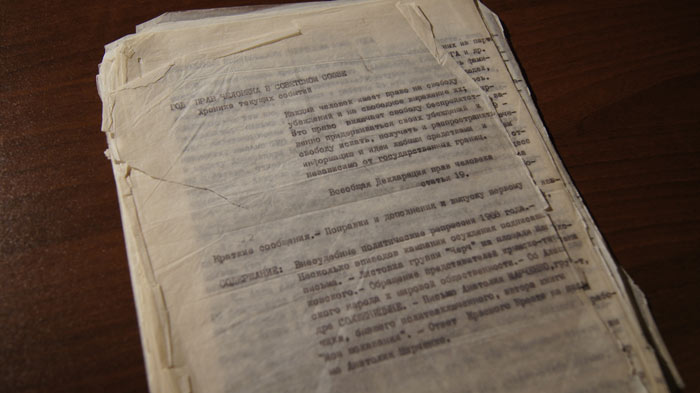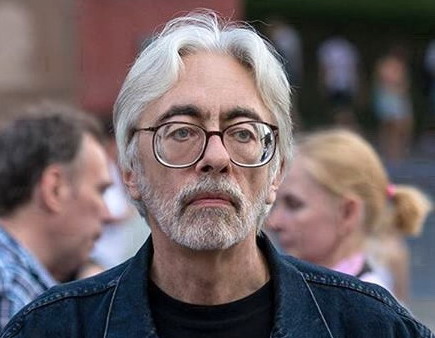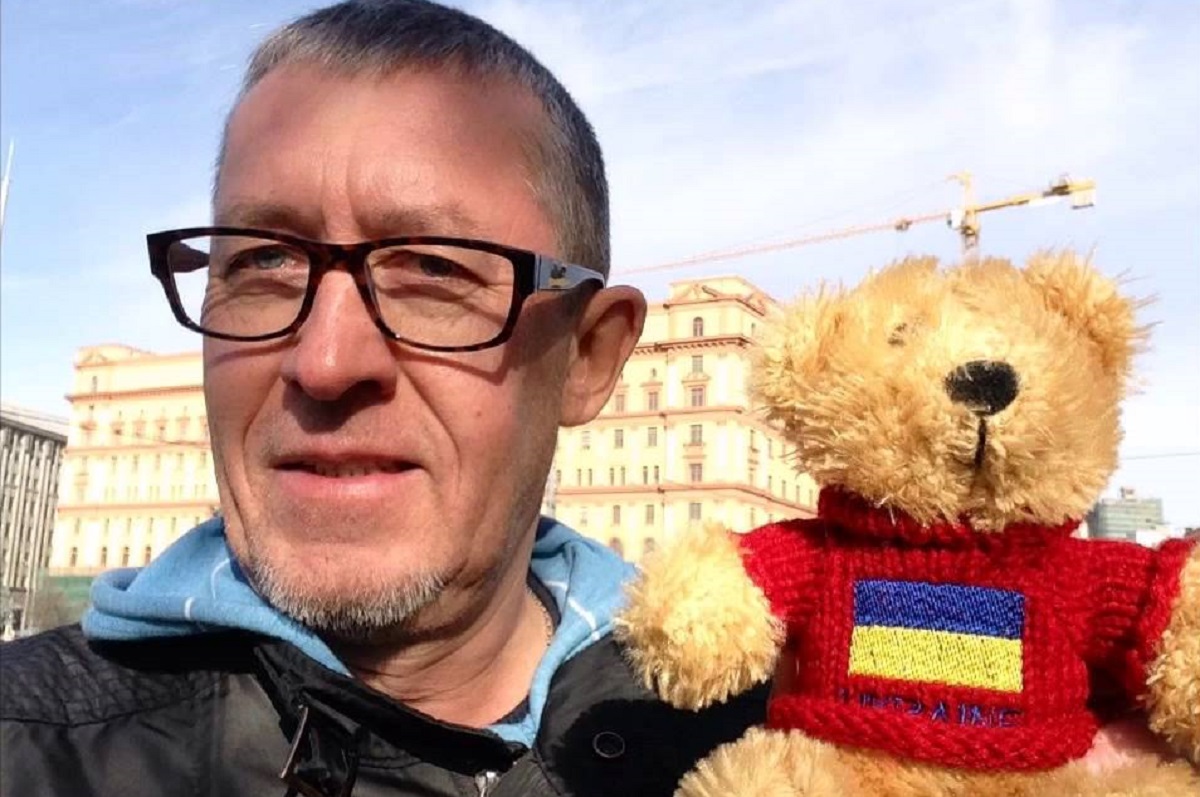The legendary information bulletin, A Chronicle of Current Events, published by dissidents in the Soviet Union during 1968-1983, was reanimated one year ago. Now news about human rights violations and the fate of those persecuted for thinking differently in the former Soviet Union is published on the Internet on a daily basis in Russian.

[The new Chronicle will have no lack of topics. Russia's adoption of the Yarovaya laws, said to be some of the most repressive in post-Soviet history, has made virtually anybody eligible for arrest on charges of extremism and makes peaceful protest virtually impossible. Concidentally, a protest against these very laws was canceled today, 23 July, by the Moscow city hall. These laws come after legislature that already criminalized public protest. Ildar Dadin, a Russian activist who was the first to be repressed under these laws, sentenced to 2.5 years of prison for his peaceful protests. - ed.]
The authors of the new Chronicle are former Soviet political prisoners who survived the camps and the system of punitive psychiatry: Viktor Davydov, Aleksey Manannikov, Kirill Podrabinek, and Aleksandr Skobov.

Professional journalist and publisher Viktor Davydov was first arrested for organizing a student demonstration in his native Samara, Soviet Russia (then Kuibyshev) in 1976. In 1979 he was charged with "spreading false and slanderous fabrications discrediting the Soviet government and social order" and was imprisoned in the Kazan and Blagoveshchenskaya special psychiatric hospitals of the MVD. After his release in 1984 Davydov emigrated to the USA and worked at Radio Freedom and the Voice of America, but following the collapse of the communist regime in 1991, he returned to Russia. Today the main publisher of the Chronicles lives in Georgia.
Viktor Davydov did not learn about the system of repression that existed during the years of stagnation from hearsay, and in his opinion, the regime in Russia today bears a remarkable resemblance to that which he knew in his youth. The Soviet dissident admits that he retains not the slightest faith in Russia and its government, but in spite of this he doesn't think the rebirth of the Chronicles is in vain.
"In the first place, empires can fall, and Russia is no exception. Moreover, if Yarovaya's law presupposes the creation of still another Volga tribunal, it signifies that separatist tendencies have grown in the areas of Chelyabinsk and Ufa. Therefore, even if Russia in its current form has no future, this is not necessarily true for the nationalities that populate it.
"Recently the case of Viktor Krasnov (a blogger who wrote in a social network that God does not exist – K.K.) was referred for further investigation. The case of Marek Galpernin also was suspended, and there is a good chance that it will be closed due to the passage of so much time, or he could receive a suspended sentence from the court. In a totalitarian system, there is no mechanism for changing the conduct of the ruling class. Any attempt to do so is immediately suppressed. Therefore, the only way to affect the situation is to appeal to international human rights organizations and foreign governments, influence public opinion in the West, and conduct publicity campaigns. This worked during Soviet times, and it will work today," explained Viktor Davydov in his interview with our site.
The Soviet dissident cites an important rule: after the sentencing of Ildar Dadin, the powers in Moscow won't risk actually sentencing members of the opposition to prison.
Read more: Russia’s Criminalization of Protest: Ildar Dadin’s Appeal and Article 212.1
"The USSR also was a country with approximately five different political regimes. In Ukraine, you could be imprisoned for something that would have passed without notice in Samara, but in Samara they'd jail you for something you could get away with in Moscow. Today the same thing is happening: Moscow is the metropole, and the regions are her colonies. Repression in Moscow is not so strong because that's where you find the most surveillance. So, the publication of the Chronicle of Current Events is a purely practical matter that really helps defend some people," Viktor Davydov avers.
The author of the Chronicle notes that the slow-motion collapse of the Russian empire has affected four generations, and, without exception, each of them has been crippled.
A quite large category of people mentioned in the "Chronicle" are persecuted for their religious beliefs. The number of baseless accusations of espionage or treason also is growing.
In the words of the publication's authors, "We all need to know what is happening in the country. We must know the algorithms for opposing the system so that each new step toward totalitarianism is resisted. These are the main tasks of the Chronicle of Current Events – just as they were for the underground Chronicle in the USSR."





